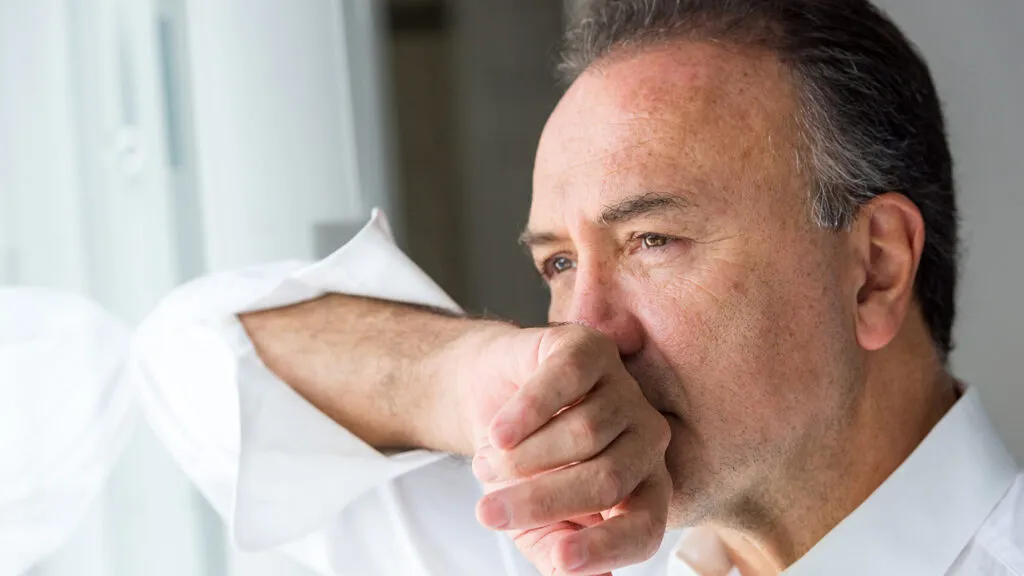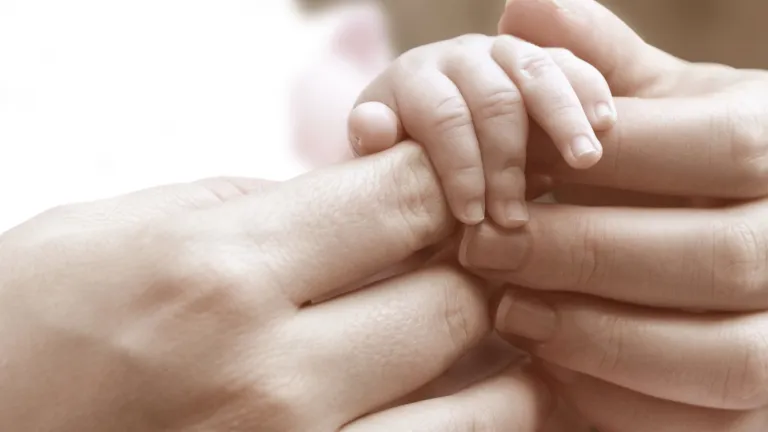“Then you will know the truth, and the truth will set you free.”—John 8:32
“Your stepfather has the beginning of Alzheimer’s disease” the neurologist told me. “That’s why he has memory lapses.”
I felt numb with dread. Besides forgetting things that had happened five minutes earlier, my dad was also getting his words mixed up. He’d say “clock” when he meant “telephone,” or “book” when he meant “door.” He realized it, too. He was embarrassed, frightened and very confused.
“Do we have to tell him?” I asked.
“I do,” the doctor said. “I always tell my patients the truth. They have a right to know what to expect.” Reluctantly, I went along with his decision, although I didn’t agree with him. I wanted to spare my step-father the pain of knowing he had an incurable disease.
As the doctor and I rejoined my stepfather in the examining room, it was all I could do to keep from crying. The doctor was direct but compassionate, and my dad listened carefully to every word. “Ray,” he began, “you have a disease called Alzheimer’s. A lot of people have it, and so far there isn’t a cure. In your case, since you’re eighty-five, it will progress slowly. You’ve had to remember so many things in your lifetime, so if you forget a few now and then, it’s okay.”
My dad took the news better than I had. He actually seemed relieved to know that his memory lapses weren’t his fault. And, several months later, he seemed less confused than he had been.
Day by day, I’ve understood a little more of what Jesus meant when He said, “The truth shall make you free.” For my stepfather, it meant freedom from embarrassment and fear. For me, it meant freedom from trying to carry a loved one’s burden all by myself.






